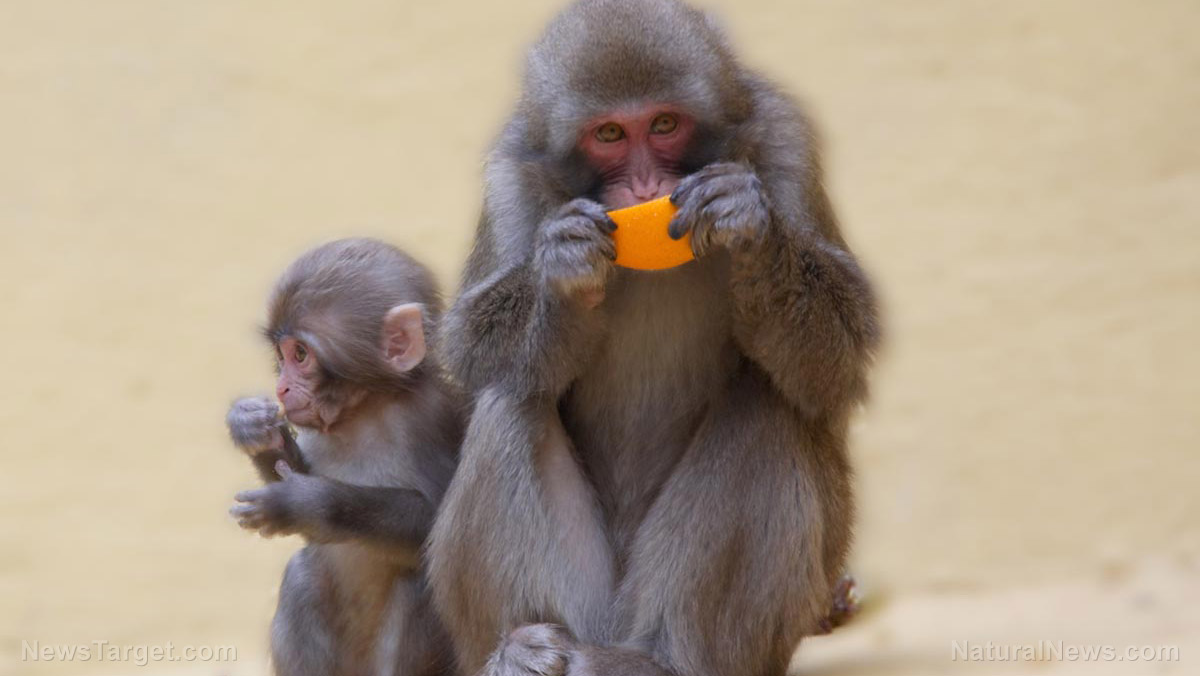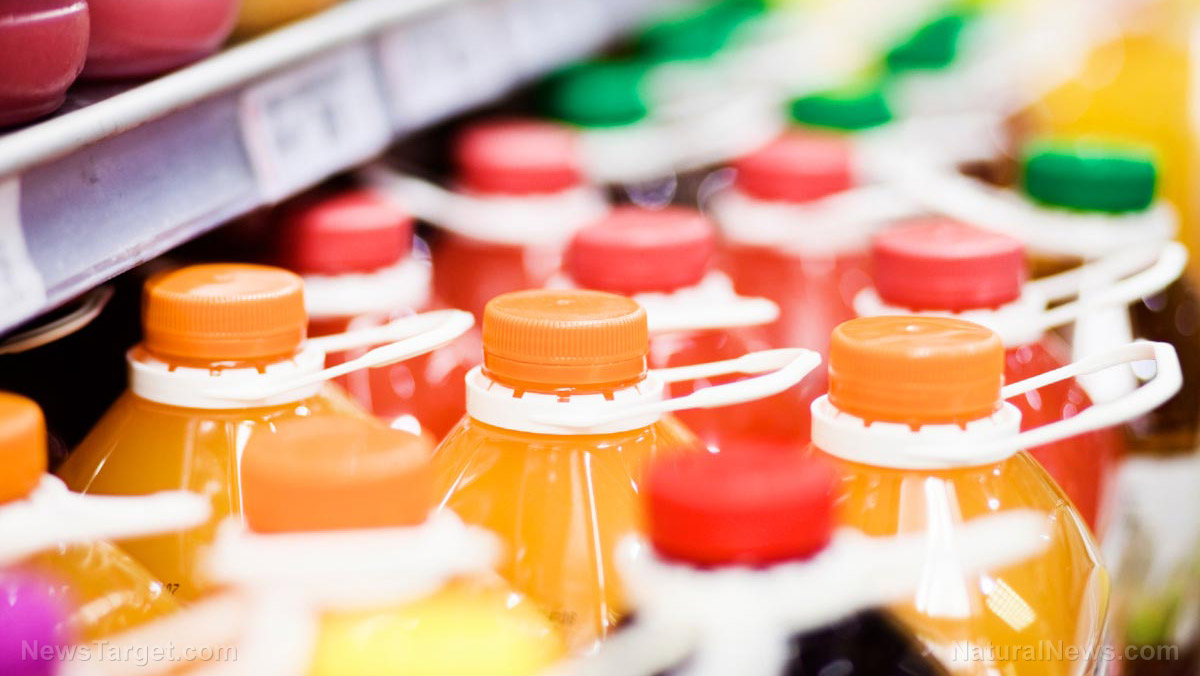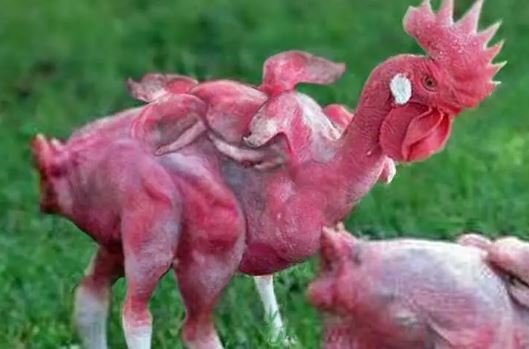ANIMAL SLAVERY: Chained monkeys in Thailand made to harvest coconuts for trendy vegan milk
07/06/2023 / By Ramon Tomey

The production of coconut milk, a trendy substitute for cow’s milk among vegans, isn’t exactly cruelty-free – as monkeys in Thailand are forced to harvest coconuts while in chains.
According to the Sun, coconut farmers in Thailand are utilizing slave labor from monkeys. The primates are put in chains and forced to harvest hundreds of coconuts every day under the watchful eye of their handlers. The farmers reportedly pull on ropes that are tied around the animal to control them while they carry out their grueling shifts in the treetops.
To prevent them from escaping, the monkeys are chained to the floor. But even the monkeys’ supposed respite of being chained remains an opportunity for unpaid labor, as they are made to spend countless hours picking the fruit.
The monkeys themselves are pressed into this slavery in a cruel manner, either through being bred in captivity or being taken from their mothers in the jungle as babies. Poachers steal the young primates by luring them into traps or murdering their mothers outright. Because of this, the International Union for Conservation of Nature’s “red list” has deemed the two breeds of monkeys used on coconut farms vulnerable” and “endangered.”
Footage released by the activist group People for the Ethical Treatment of Animals (PETA) has exposed the dark secrets behind the monkey labor industry in Thailand.
In one case, handlers have been seen using methods of intimidation and brutal punishment to train the monkeys. These include whipping them and dangling them by their necks. Even worse, the monkeys’ sharp front teeth are often removed to prevent them from biting themselves or the farmers.
Despite a three-year-long campaign by PETA against the practice starting 2019, some farms in Thailand have continued to force the monkeys into slave labor. The Sun also pointed out that the practice will become more widespread as demand for vegan milk climbs. (Related: Slave labor in Asia produces the shrimp found in Western supermarkets.)
PETA threatens BOYCOTTS of Thai-made coconut milk
The activist group claimed physical labor is not the only risk the monkeys face. Lack of contact with social groups can cause extreme mental anguish and depression in these sociable animals. PETA wrote in a report: “Driven to desperation, they pace and circle endlessly on the barren, trash-strewn patches of dirt where they’re chained.”
Given that the Southeast Asian nation is one of the world’s largest manufacturers of coconut milk, PETA has warned that some coconut-based products such as milk, oil and flour may be the product of primate slave labor.
PETA is now calling for a boycott of all Thai-made coconut products as the use of monkey slave labor continues. HelloFresh, the world’s most popular meal kit provider, recently joined the growing list of international businesses to drop Thai coconut milk altogether.
High-ranking politicians and industry figures in the kingdom begged to differ, however. They opposed the idea of banning the use of monkeys for slave labor. According to their arguments, the use of monkeys to pick trees is similar to how animals such as camels and elephants are used in other countries.
Government officials in Thailand have also argued that coconut-picking is natural for the primates. They even insisted that the practice is a cultural tradition.
Head over to Enslaved.news for more similar stories.
Watch this video explaining how to make coconut milk from scratch – without involving enslaved animals.
This video is from the Intrepid Media channel on Brighteon.com.
More related stories:
At least 7 Apple suppliers are using slave labor in China, report reveals.
Coca-Cola still using slave labor despite efforts to appear “woke” – report.
SHOCK REPORT: McDonald’s worker’s uniforms made in U.S. “slave labor” camps.
Eleven U.S. business chains sell shrimp processed using child slave labor… including Whole Foods.
WE’RE ALL SLAVES: China’s Uyghur forced labor slaves are making the face masks worn by Americans.
Sources include:
Submit a correction >>
Tagged Under:
animal cruelty, animal rights, animal slavery, animals, coconut farms, coconut milk, ecology, enslaved, environ, monkeys, PETA, primates, Thailand, vegan milk, wildlife
This article may contain statements that reflect the opinion of the author
RECENT NEWS & ARTICLES
COPYRIGHT © 2017 INGREDIENTS NEWS




















